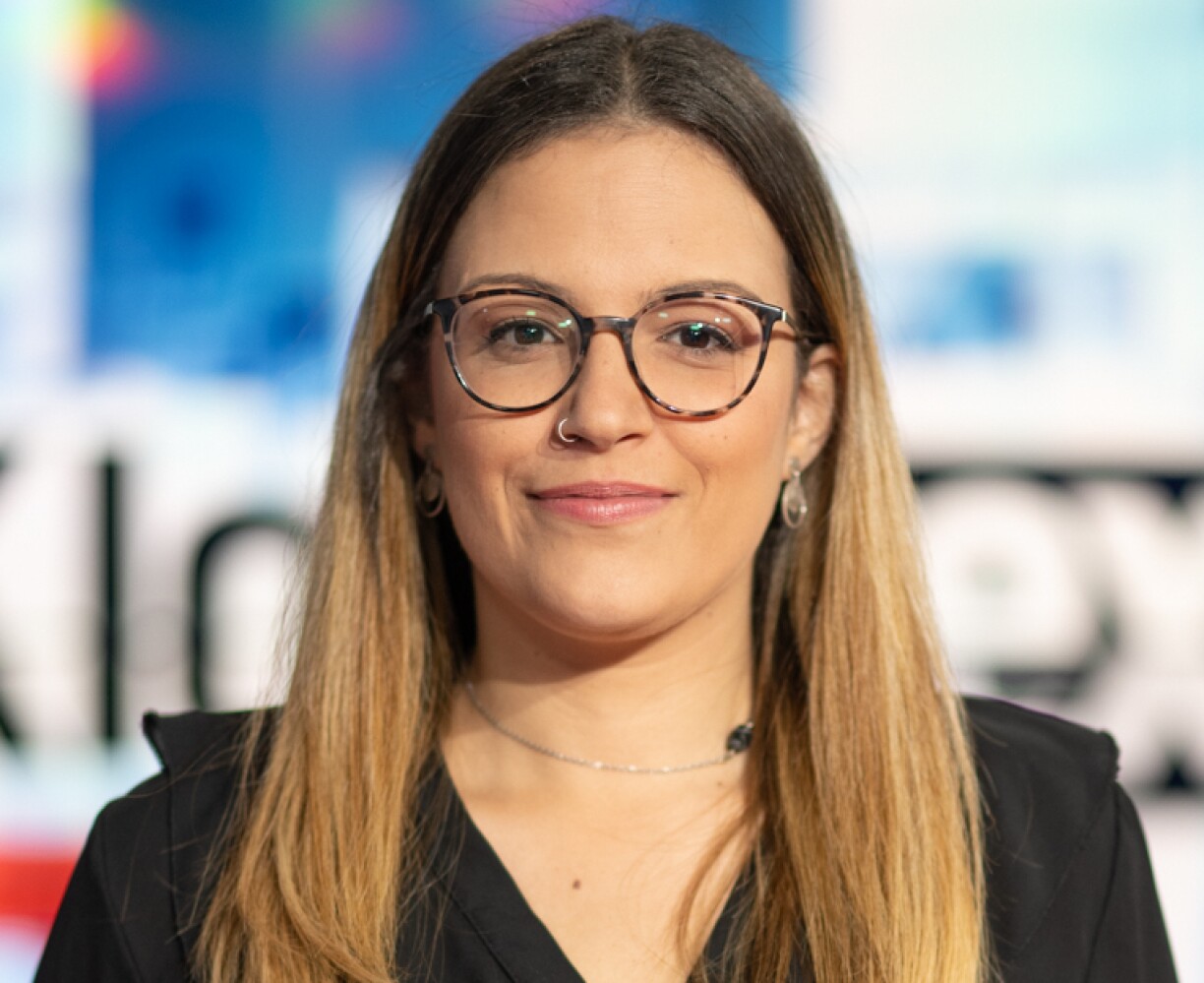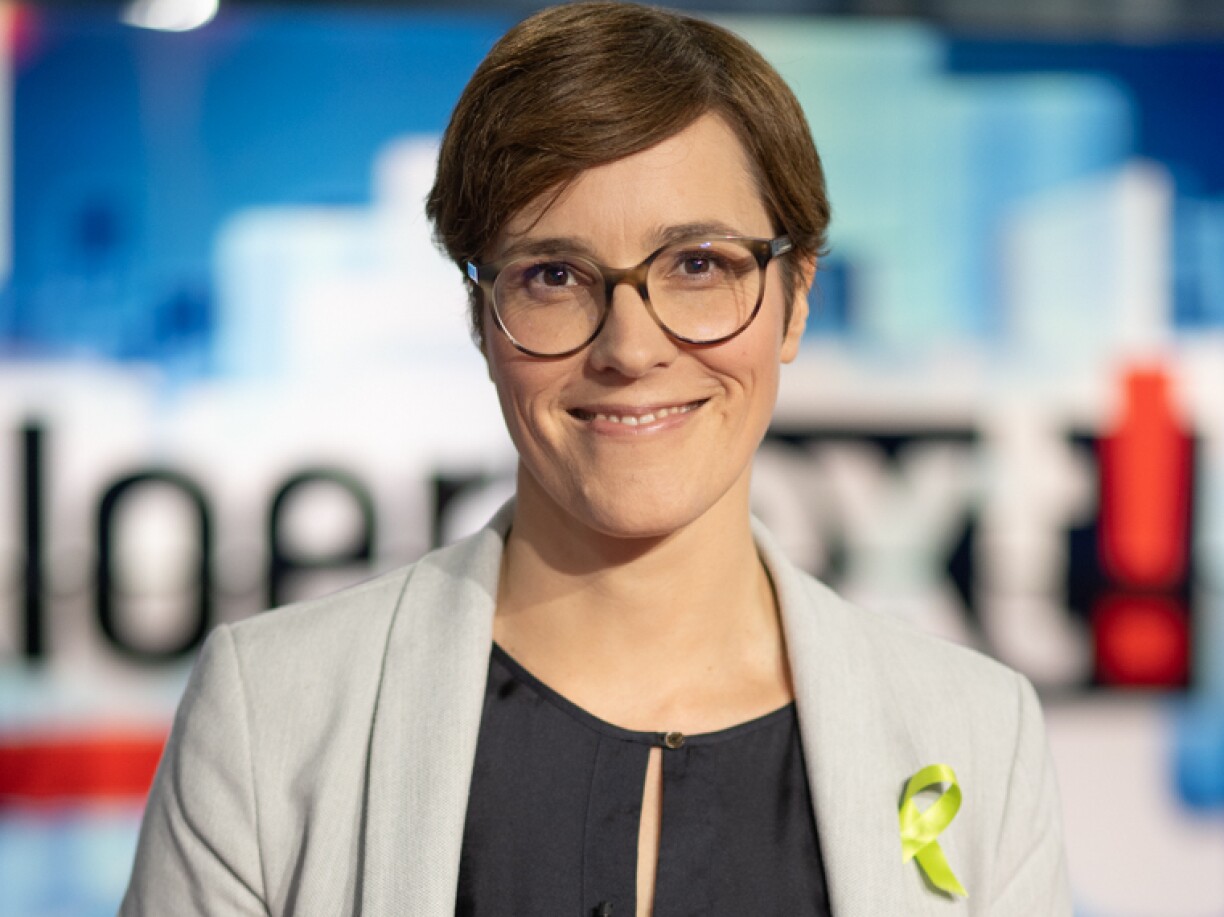Rachel Brixius has a long history with mental health issues that she had to overcome. She is convinced of the importance of repeating the following message: We need to continue telling people that mental health issues are not something to be ashamed of. Otherwise depression and anxiety disorders will continue being taboo topics.
Rachel Brixius realized through discussing with other concerned parties, that people often wait a long time before seeking help.
“It often comes to the point of people needing sick leave, not being able to work anymore, not being able to get out of bed or not being able to function in their daily lives anymore. This proves my point of having to act more preemptively, in the sense that people should act early enough before it’s too late. If someone has pain in their leg, they usually don’t wait until they can’t walk before seeing a doctor.”
Juliana d’Alimonte is a youth psychiatrist and works for the Ministry of Health, where she’s also responsible for the national mental health plan. In her opinion, seeking medical help depends on the degree of an individual’s suffering. However, if symptoms last more than 3 months, a person should at least go see their house doctor about the matter.
Another place to seek help for students or parents is CEPAS, the Centre for Psychosocial and Educational Support. According to the director, Nathalie Keipes, the centre provides consultations free of charge for people aged 12 to 30. There’s also the possibility to receive therapy, which is not always the case within schools.
Charel Benoy is a doctor in psychology and a psychotherapist who also takes care of long-Covid patients at the Rehaklinik, CHNP. He established that people don’t always receive the support and understanding they need.
“It can be in the family or in the work space. It’s an illness that is not visible at first sight, like with other mental illnesses, which makes it difficult for the person opposite to comprehend or relate. It’s an illness that you don’t have an understanding of, and a person that doesn’t understand something tends to use familiar patterns to make it understandable. Which is why it is an illness that comes with a lot of stigma.”
The shame that comes with mental illness, the cost of therapy, and the not knowing where to get help are all factors that contribute to why it takes so long for someone to get help, according to Rachel Brixius.
The national plan for mental health aims to address the latter issue by creating a concrete and quick-enough timeline, when it comes to getting mental health, says Juliana d’Alimonté who works for the Ministry of Health.
The plan is to be ready by the beginning of next year, at the latest.

Rachel Brixius
Founder of the self-help platform “Letzbeaware”
Has a long history of mental health issues behind her

Juliana D’Alimonte
Certified children and youth psychiatrist
Responsible for clinical assessment psychiatry at the Ministry of Health
Co-responsible for the new mental health plan

Charles Benoy
Dr in psychology and psychotherapist
Does research and teaches at the University of Basel and Luxembourg
Takes care of long-Covid patients at the Rehaklinik, CHNP

Nathalie Keipes
Director of CEPAS
Certified social assistant and sociologist